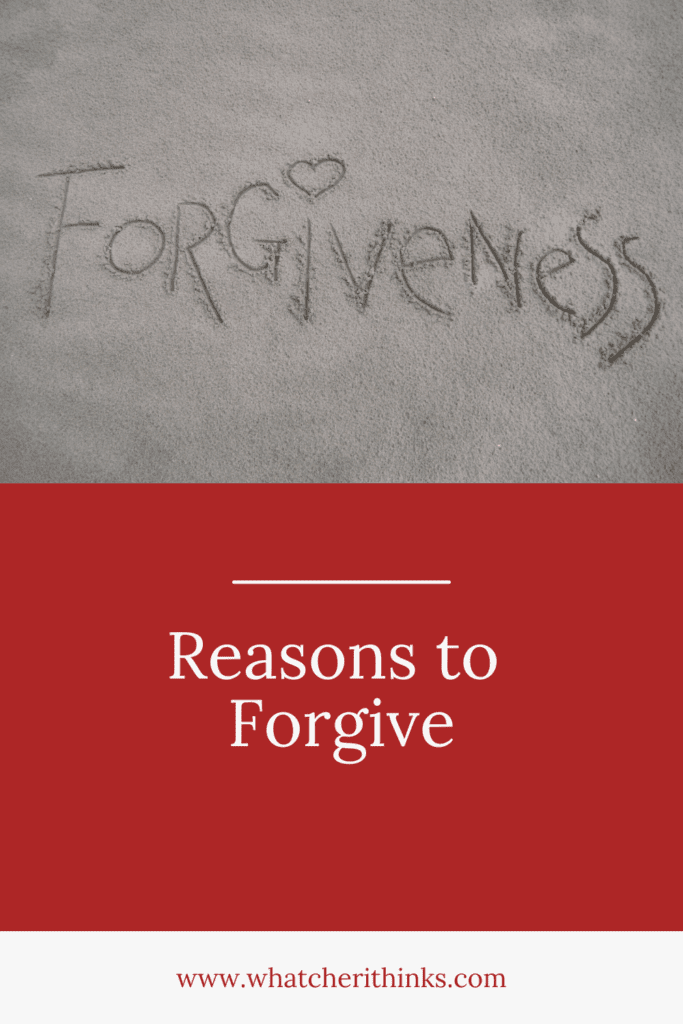Recognizing the Value of Forgiveness in Recovery Relationships
Forgiveness is typically watched as a simple act of letting go, yet its relevance in recovery partnerships extends far beyond simple absolution. What continues to be to be revealed is the extensive impact forgiveness can have on private growth and common consistency.
The Interpretation of Mercy
Although mercy is commonly viewed as an easy act of allowing go, its meaning incorporates a complex interplay of emotional and psychological procedures. At its core, mercy is the mindful choice to release feelings of resentment or vengeance toward an individual or group that has caused harm. This process is not merely about discharging the offender; instead, it entails an extensive psychological improvement that can cause individual growth and healing.
Forgiveness is complex, often characterized by a person's inner battle to resolve their pain with the need for tranquility. It needs acknowledging the wrongs committed, refining the connected emotions, and ultimately choosing to move onward without the problem of bitterness. This choice often requires a cognitive shift, where one reframes their understanding of the transgression and the perpetrator, permitting compassion and comprehending to emerge.
Notably, forgiveness does not imply pardoning the habits or failing to remember the offense; it is a calculated act that focuses on emotional health. By defining mercy in this way, we can value its role in helping with much healthier partnerships and cultivating psychological resilience, establishing the stage for much deeper exploration right into its advantages.
Emotional Advantages of Forgiveness
Mercy provides substantial emotional advantages that can profoundly influence an individual's psychological health and overall wellness. When an individual chooses to forgive, they actively launch feelings of resentment, anger, and temper, which can otherwise develop a heavy emotional worry. This release frequently leads to a reduction in tension and anxiety, advertising a feeling of peace and emotional stability.
Furthermore, forgiveness fosters an enhanced ability for compassion and compassion. By understanding the viewpoint of the wrongdoer, people can cultivate a much deeper psychological strength, which enhances their ability to deal with future obstacles. This process not just improves emotional law but additionally contributes to an extra positive overview on life.
Furthermore, flexible others can enhance one's self-worth and self-regard. It permits people to redeem their individual power, damaging without the adverse cycles of victimhood - The importance of forgiveness. This newly found empowerment can bring about much healthier psychological actions and stronger interpersonal relationships
Forgiveness vs. Settlement
The difference in between forgiveness and reconciliation is important in comprehending the dynamics of healing partnerships. Mercy is an interior process wherein an individual picks to allow go of animosity and unfavorable feelings towards a person that has caused injury. It is mostly a personal journey, concentrated on psychological release and self-healing, allowing one to move on without carrying the burden of previous grievances.
In comparison, reconciliation involves rebuilding and restoring the connection to a state of count on and common respect. This procedure frequently calls for open communication, energetic involvement from both events, and a commitment to addressing the underlying problems that led to the dispute. While mercy can happen individually, reconciliation requires the willingness of both individuals to take part in dialogue and job towards a shared understanding.
It is necessary to keep in mind that forgiveness does not constantly lead to reconciliation. A person might forgive one more without deciding to restore the connection, specifically if trust has been irrevocably harmed or if the partnership is deemed undesirable. Understanding this difference permits people to navigate their feelings successfully and make educated decisions regarding their connections.
Actions to Grow Mercy
Growing forgiveness is a purposeful procedure that entails several key steps aimed at promoting psychological recovery. The primary step is acknowledging the pain triggered by the infraction. Identifying one's sensations is essential, as blog it allows individuals to process their emotions really.
Next, reviewing the occurrence and recognizing its influence can offer quality. This representation needs to consist of examining the motivations behind the culprit's actions and recognizing that everyone is fallible.
The 3rd action entails making an aware choice to forgive. This decision is important, as it symbolizes a desire to allow go of bitterness and move on.
Ultimately, sharing sensations in a useful manner can be advantageous - The importance of forgiveness. Whether through journaling, chatting with a relied on good friend, or seeking therapy, expression of emotions can aid in the forgiveness trip
Real-Life Examples of Mercy

In one more instance, a close-knit group of close friends faced a substantial break after one member unintentionally shared a personal trick. Rather than nurturing resentment, the impacted buddy chose to forgive, comprehending the importance of valuing the friendship over the mistake. This decision encouraged open dialogue and eventually reinforced their connection.

Conclusion
To conclude, forgiveness plays a pivotal function in the recovery of connections by internet facilitating the launch of negative feelings and fostering empathy. By distinguishing between forgiveness and settlement, people can take part in a positive process that boosts emotional wellness. Implementing steps to grow forgiveness can cause transformative outcomes, enhancing links and promoting a helpful setting. Eventually, the technique of forgiveness acts as a stimulant for personal development and the nurturing of much healthier interpersonal dynamics.

Comments on “How to Forgive Someone and Move Forward with a Clean Slate”